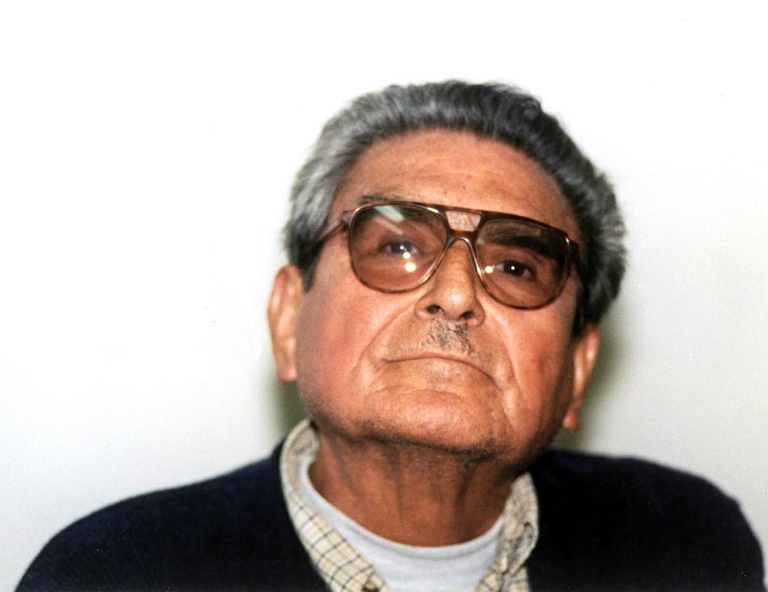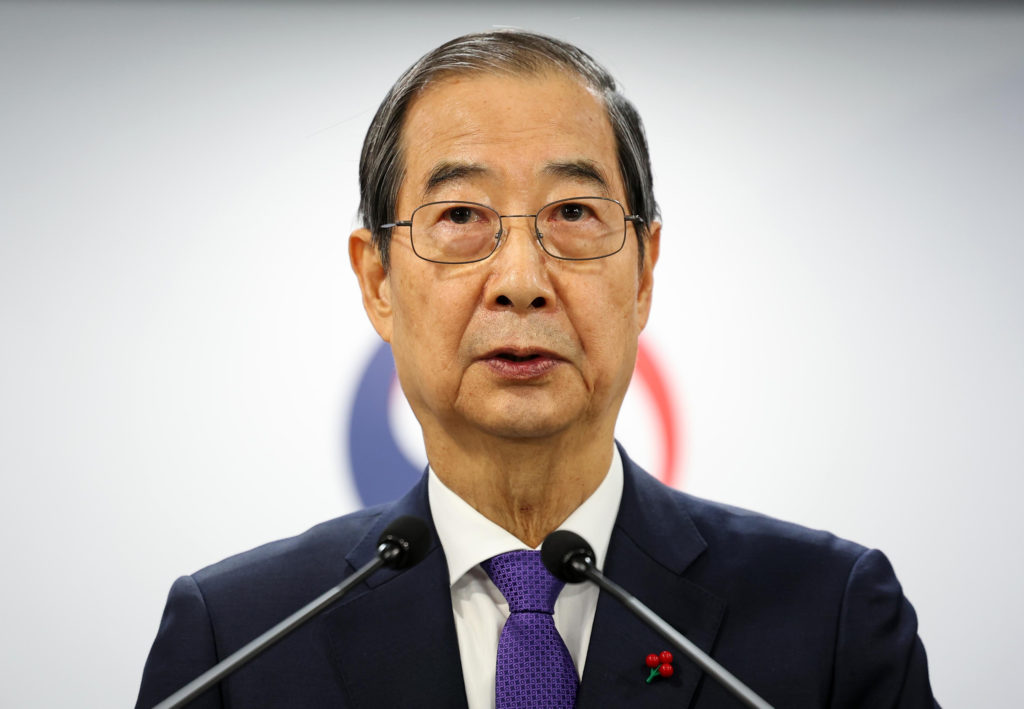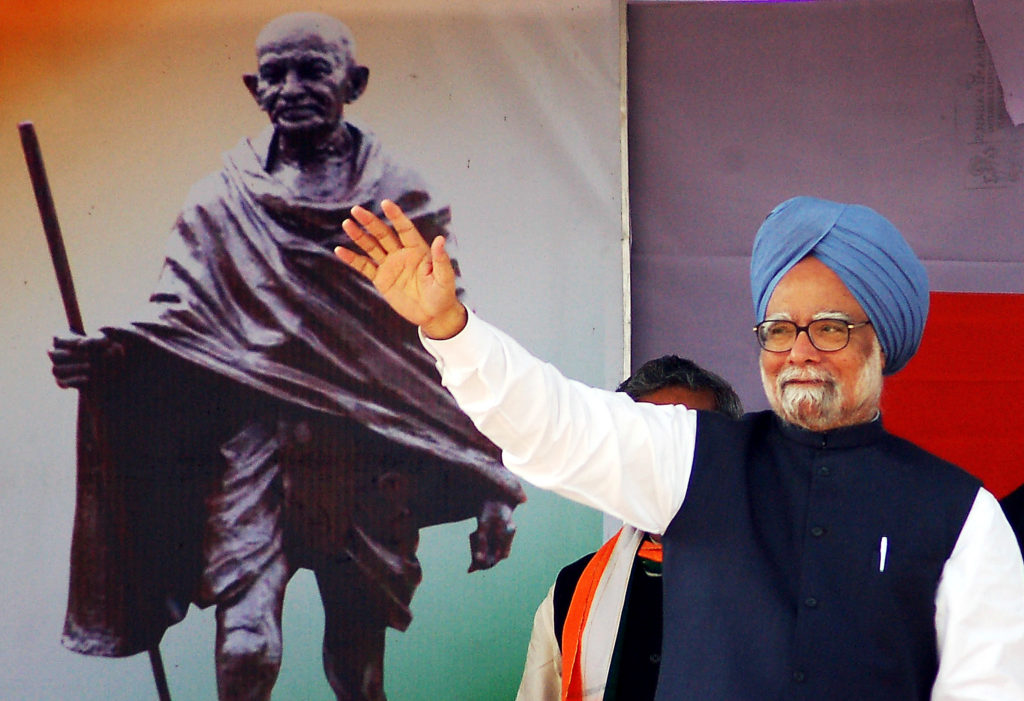The historic leader of Peru’s Maoist Shining Path guerrillas, blamed for one of the bloodiest insurgencies in Latin America, died Saturday in a military prison, his lawyer told AFP.
Abimael Guzman was 86. He had been serving a life sentence in the maximum security prison at the Callao naval base near Lima.
Lawyer Alfredo Crespo said the navy had confirmed the death and informed Guzman’s wife, Elena Iparragurre, who herself is serving a life sentence for terrorism in a different Lima prison.
A prison statement said Guzman died early Saturday from “complications in the state of his health.” It provided no details.
– 70,000 dead or disappeared –
Guzman, a former philosophy professor, was considered the intellectual architect behind the Maoist group’s brutal, 20-year attempt to overthrow the Peruvian government from 1980-2000.
That conflict — in which Guzman hoped to impose the Marxist model of his icon, Mao Zedong, on Peru — claimed 70,000 lives, either dead or disappeared, according to the country’s Truth and Reconciliation Commission.
Guzman, Peru’s most famous prisoner, had been due to be transferred to a civilian prison in coming months.
He embraced not just Maoism but also the brutal methods of Cambodian dictator Pol Pot, earning a reputation as a hardened revolutionary prepared to order the massacre of an Andean village to punish it for refusing to support him.
In a 2006 trial, his less-known side was revealed when his erstwhile lieutenant Oscar Ramirez accused him of being a “coward,” unable to pull the trigger of a gun.
“A coward, an alcoholic and a crybaby,” said Ramirez, whose radical faction of the Shining Path continued fighting even after Guzman’s capture.
– Trading books for bombs –
In the 1960s, Guzman left his philosophy chair at San Cristobal de Huamanga university, in Ayacucho, to create his own party.
Guzman developed a fanatical following, particularly in poverty-stricken parts of the Andes, committed to his brutal brand of Marxism.
In 1979, he passed into clandestinity and announced that conditions were ripe for revolution.
On May 17, 1980 he traded his books for dynamite — symbolically setting fire to ballot boxes in an Andean town on the eve of the country’s first democratic election after 12 years of military rule.
The Shining Path, while never fully defeated, is now believed to consist of just a few hundred members.










